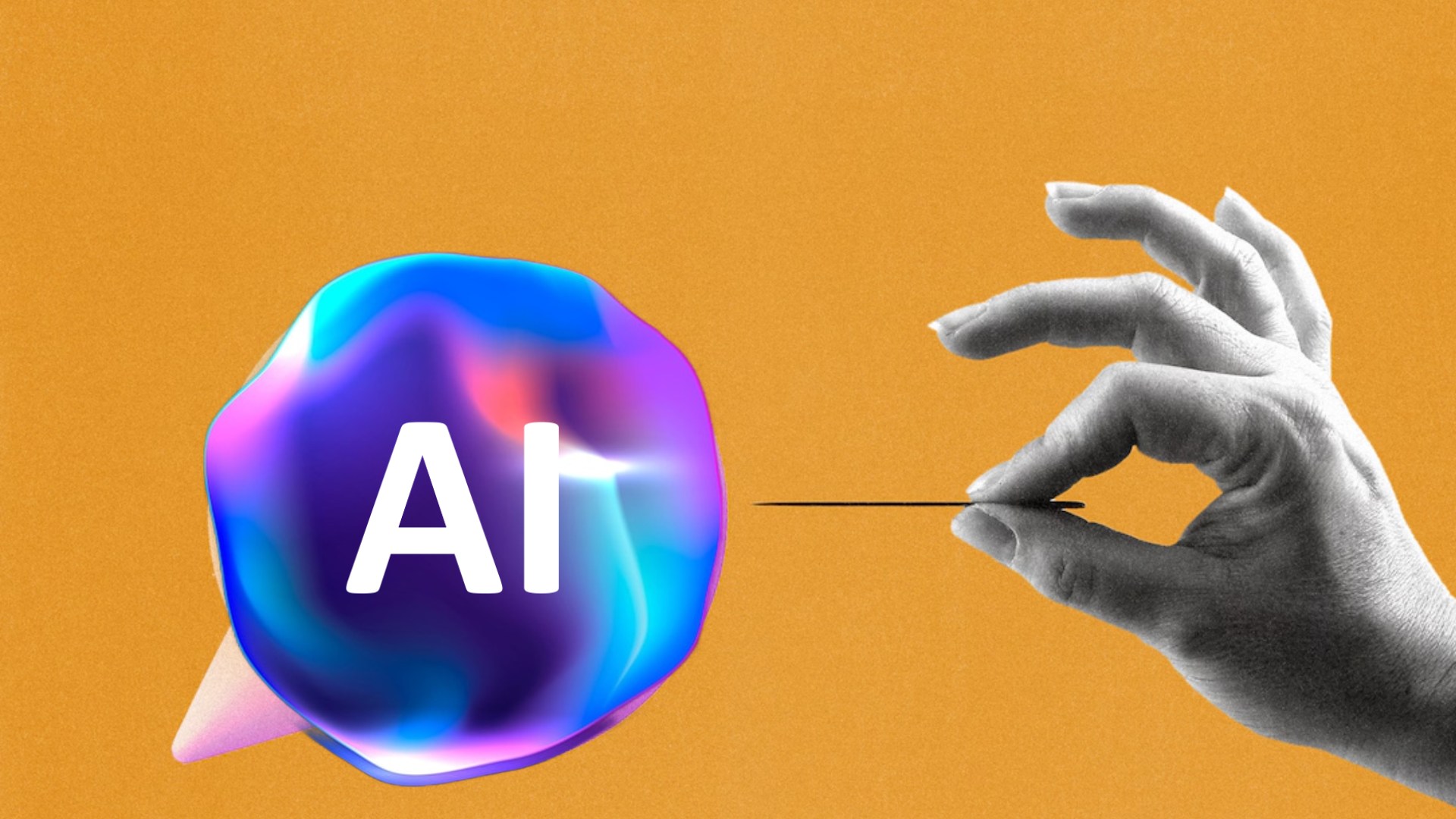AI bubble could be about to burst as development stalls and consumer interest fades

Table of Contents
Over the past few years, artificial intelligence has become the center of attention in nearly every product, with companies shifting their focus to implementing AI into their devices, software, and even hardware. While AI has introduced new ways to interact with technology, it has also seemingly made large corporations lazy in a way. Nowadays, AI improvements in new products seem to be the main selling point, while actual hardware advancements or features that consumers want are often overlooked.
A clear example of this comes from the gaming industry, where Nvidia recently unveiled its RTX 50 series GPUs. First, barely anyone got their hands on them, and for those who did, the raster performance was underwhelming. There was no real generational uplift, and the main thing Nvidia had to highlight were the shiny AI features slapped onto the product.
Because of this, Nvidia’s GPU market dominance took a hit, and competitors like AMD seized the golden opportunity. But gaming isn’t the only sector where AI is making consumers lose interest. In fact, Apple and Windows are the latest to follow this trend.
AI isn’t drawing consumers to Apple and Windows
According to market analyst Ming-Chi Kuo from KGI Securities, Apple has cut orders for around 10 million baseline iPhones, bringing estimated shipments down from 84 million to 80 million. On top of that, Kuo also says that the production of the iPhone 16 is expected to be lower in early 2025. Since consumers aren't particularly excited about an AI-driven iPhone, Apple has reportedly paused its AI LLM Siri upgrade indefinitely, possibly to refocus on delivering what users actually want.

Similarly, Windows 11 is also seeing a decline in market share as users downgrade to Windows 10, despite its support ending in the coming months. We’ve previously seen a surge in Windows 10 users on Steam, and now, according to overall market share, Windows 10 holds nearly 63%, while Windows 11 has dropped to just 34%.
Instead of loosening Windows 11’s strict hardware requirements to make it more accessible, Microsoft is going all-in on its Copilot AI, even releasing a new ‘gaming coach‘ featuring the chatbot. However, at the same time, the company has also cut most of its capital expenditures on AI projects, hinting that they may be starting to realize people don’t care about everything being automated.
AI isn't the problem
However, while companies like Apple are taking a backseat with LLM upgrades, others like Google are taking the opposite approach, recently bringing one of the strongest open-model AI LLMs, Gemma 3. Additionally, companies like OpenAI, the popular Chinese startup DeepSeek, and even Elon Musk’s xAI have all been pushing forward in the AI space.
With that in mind, we don't think AI itself is the problem. Instead, what consumers are unhappy with is companies neglecting meaningful upgrades to their actual products and focusing too much on AI. While AI is a nice addition, it shouldn't define the product in any way.
